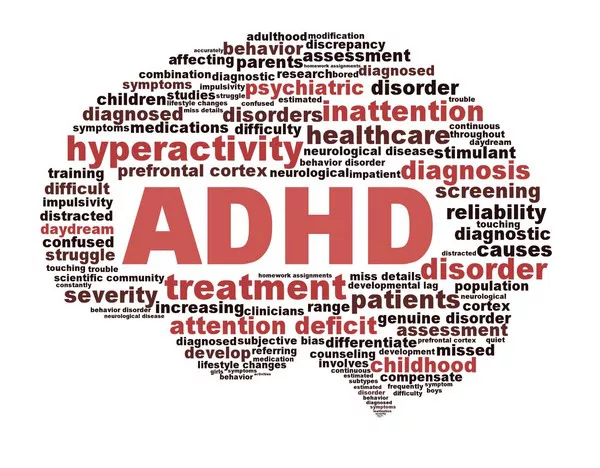A recent study published in PLOS ONE explores the quality of ADHD-related content on TikTok, assessing how misleading information may contribute to self-diagnosis of the disorder, particularly among young adults. Mental health professionals and young adults participated in the study to evaluate whether TikTok content aligns with clinical diagnostic criteria and how such content affects viewer perceptions of ADHD.
ADHD, characterized by hyperactivity, impulsivity, and inattention, is estimated to affect 3-7% of adults globally. Social media platforms like TikTok have become significant sources of information for individuals seeking insight into mental health conditions, including ADHD. While these platforms provide a space for individuals to share their experiences, they also lack fact-checking mechanisms, making them prone to the spread of misinformation. This issue has become particularly concerning given the widespread use of TikTok, with millions of daily users, many of whom are Gen Z and Millennials, relying on the platform for health-related information.
TikTok has emerged as a hub for mental health content, including videos on ADHD, where users both seek information and connect with others who share similar experiences. However, the content on TikTok is often unregulated and may not adhere to clinical standards, raising concerns about its accuracy.
The study aimed to assess the authenticity of ADHD-related content on TikTok and its impact on viewers’ perceptions. It involved two main parts: Study 1 examined the content of popular ADHD videos on TikTok, and Study 2 evaluated how young adults with or without ADHD, as well as psychologists, perceived this content.
Participants were divided into three groups: 224 participants with no ADHD diagnosis, 198 with a formal ADHD diagnosis, and 421 self-diagnosed with ADHD. Each group was asked to watch both high- and low-rated ADHD-related videos on TikTok, and then rate these videos based on their quality and alignment with professional standards. Some participants also watched explanatory videos from psychologists to understand why certain videos were rated higher than others.
The study revealed that individuals who self-diagnosed with ADHD were more likely to watch ADHD-related TikTok content. This could be due to the platform’s algorithm, which tailors content based on user engagement, or simply because the videos resonated with their experiences. A concerning pattern emerged in the videos themselves: many were transdiagnostic, meaning they described symptoms or experiences that could apply to a variety of conditions, not just ADHD. This lack of specificity often blurred the lines between ADHD and typical human experiences, likely contributing to the rise of self-diagnosis.
Psychologists who reviewed the videos reported that the accuracy of ADHD-related content on TikTok was generally low. This finding aligns with previous reports, which also highlighted the spread of misleading information. Despite this, some viewers, particularly those with formal ADHD diagnoses, found value in personal stories shared by TikTok creators, as these videos provided a sense of connection and community.
Young adults who watched expert videos tended to revise their understanding of ADHD, particularly those in the self-diagnosed group. This suggests that professional guidance can help clarify misconceptions and may even dissuade some individuals from self-diagnosing.
The study concludes that while TikTok offers valuable peer support for individuals with ADHD, much of the content is misleading and inaccurate. This contributes to a growing trend of self-diagnosis, which may delay proper treatment or lead to unnecessary anxiety. Psychologists advocate for a more informed approach to mental health content on TikTok, emphasizing the need for credible sources and expert input.
For individuals with ADHD who have limited access to treatment, however, personal stories and peer experiences shared on TikTok can be beneficial. These videos help create a sense of community, which may reduce stigma and encourage individuals to seek professional care.
Ultimately, the study highlights the need for better quality control and fact-checking on social media platforms to ensure that mental health content is both accurate and helpful for viewers.
You Might Be Interested In:

